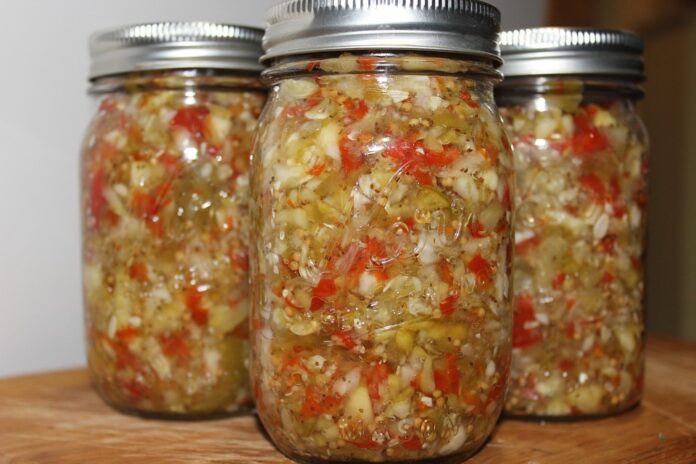Introduction
In recent years, there has been a growing concern over the use of Bisphenol A (BPA) in food can linings and coatings due to its potential health risks. As a result, vegetable and fruit canners have been innovating by transitioning to BPA-free alternatives to meet consumer demand for safer packaging. This report will explore how canneries are adopting BPA-free linings and coatings, the financial implications of this shift, and the key players in the industry.
The Shift to BPA-Free Linings and Coatings
Consumer Demand for Safer Packaging
Consumer awareness of the potential health risks associated with BPA has led to a shift in demand for BPA-free packaging across various industries, including the food canning sector. As consumers become more conscious of the products they consume, vegetable and fruit canners are under pressure to provide safer alternatives that meet regulatory standards.
Industry Response to Consumer Demand
In response to consumer demand for BPA-free packaging, vegetable and fruit canners have started to innovate by developing new linings and coatings that are free from BPA. These alternatives are often made from materials such as acrylic, polyester, or polyethylene, which are considered safer for food contact.
Financial Implications
Investment in Research and Development
The transition to BPA-free linings and coatings requires significant investment in research and development to create new formulations that are both effective and safe for food packaging. Canners are allocating resources to develop and test these alternatives to ensure they meet regulatory requirements and consumer expectations.
Cost of Implementation
While the initial investment in transitioning to BPA-free linings and coatings can be substantial, canners view it as a necessary step to maintain consumer trust and market competitiveness. The cost of implementation includes expenses for equipment upgrades, testing, and compliance with regulatory standards.
Key Players in the Industry
Del Monte Foods
One of the leading vegetable and fruit canners, Del Monte Foods, has been at the forefront of adopting BPA-free linings and coatings in their products. The company has invested in research and development to create innovative packaging solutions that meet consumer demand for safer alternatives.
Seneca Foods Corporation
Seneca Foods Corporation is another key player in the vegetable and fruit canning industry that has embraced the shift towards BPA-free packaging. The company has introduced new product lines with BPA-free linings and coatings to cater to changing consumer preferences.
Industry Insights
Regulatory Environment
The food canning industry is subject to strict regulations governing the use of packaging materials to ensure food safety. As canners transition to BPA-free linings and coatings, they must comply with regulatory standards set by agencies such as the Food and Drug Administration (FDA) to ensure the safety of their products.
Consumer Awareness and Education
Consumer awareness of BPA and its potential health risks has played a significant role in driving the shift towards BPA-free packaging in the vegetable and fruit canning industry. Can manufacturers are focusing on educating consumers about the safety benefits of BPA-free alternatives to build trust and loyalty.
Conclusion
The transition to BPA-free linings and coatings in the vegetable and fruit canning industry reflects a broader trend towards safer and more sustainable packaging solutions. By investing in research and development, canners are able to meet consumer demand for safer alternatives while maintaining regulatory compliance. Key players such as Del Monte Foods and Seneca Foods Corporation are leading the way in adopting BPA-free packaging, setting a new standard for the industry.




